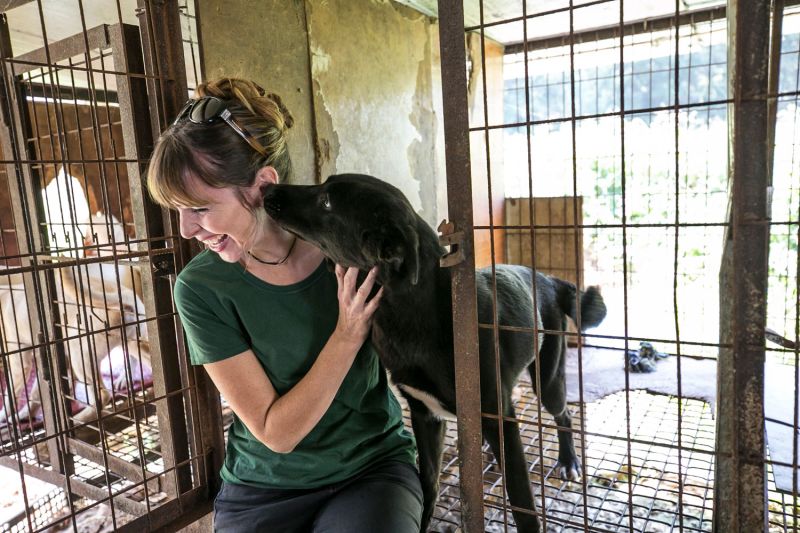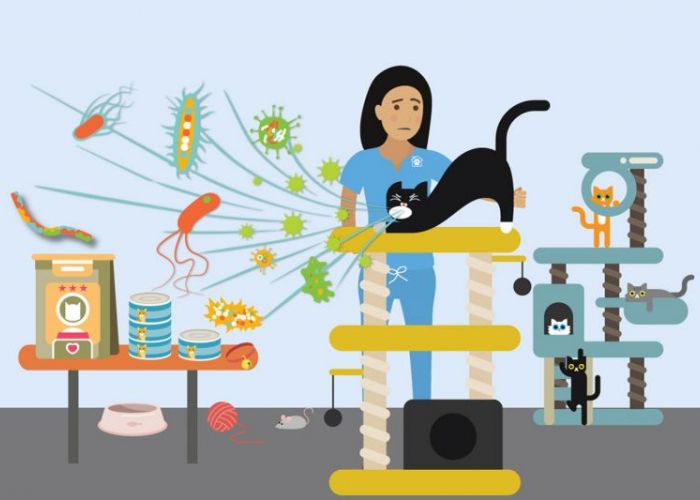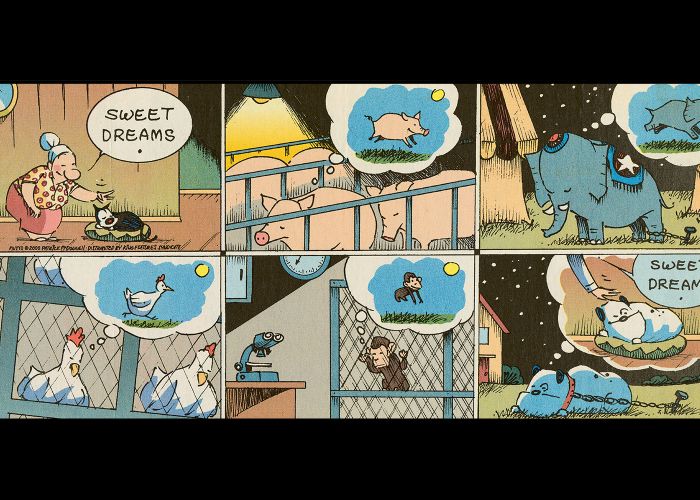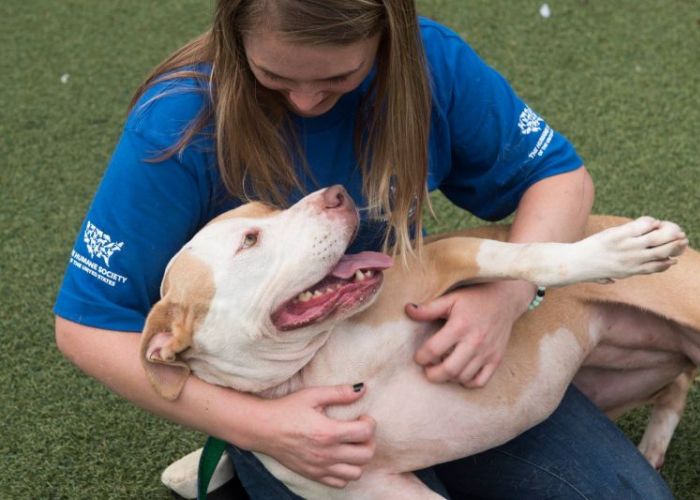Humans of Animal Advocacy: Victoria Stilwell
World-renowned dog trainer shares what pets wish people knew

A powerhouse in the world of pet behavior, Victoria Stilwell is known for her humane, science-based approaches to dog training. For more than 20 years, she’s shared her positive-reinforcement methods in her TV show, It's Me or the Dog. She’s also inspired and educated pet owners through her books as well as through her Positively training web resources and academy for professional dog trainers.
Born in the UK and now living in Atlanta, Georgia, Stilwell is equally committed to helping shelters and rescues around the world. She’s worked to remove dogs from meat farms in South Korea, rallied against puppy mills, lobbied to end breed discrimination, and (with her husband) fostered dozens of dogs and cats for local shelters. She frequently speaks at conferences such as Animal Care Expo, where she shares her insights on dog rescue, training and rehabilitation.
In this edited interview, which originally aired on the Humane Voices podcast, Stilwell chats with Chad Sisneros of Humane World for Animals about the challenges for pets in a people-centric world.
If there’s one thing that every pet guardian could do to improve the life of their animal, what would that be?
I always say celebrate their “dog-dom”—because I work mostly with dogs—but enrichment is really important … and to truly understand what you have in your home.
I think sometimes people bring dogs or cats into their homes and there’s a lot of expectations that they have on their animals to be the perfect animal. I think the best thing that we can do for our pets is to realize that we’re bringing them into a strange environment, a very human-led environment, and we need to let them still be the amazing animals they are.
I also think we need to look at two things. The first one is safety. We have to create animals who not only are safe but feel safe. To build their confidence and teach them skills. Perfect your skills so that you can work together as a team. I know that sounds a bit la-la land, but actually it’s what every pet person needs to be doing for their pet.

Breed-specific legislation is something that you’ve concerned yourself with quite a bit. How should communities approach BSL?
Evidence has shown time and time again [that BSL doesn’t work]. BSL is banning a certain breed or putting limitations on certain breeds. For example, in the UK, pit bulls and other mastiff-type breeds have been banned for more than 30 years. This has not reduced the dog bite problem in the UK.
Now what they’ve done in recent years is they’ve banned what’s called an XL bully, an extra-large bully [breed]. They were seeing a lot of attacks happening, but no more than other dogs, except they’re just a very big breed, and it became very sensationalized in the media. So they banned them. People who still had them had a certain amount of time to get an exemption, which means they could still have their dogs, but they needed to be muzzled in public at all times, get special insurance, all that kind of stuff.
So that’s what breed-specific legislation is all about. We have it here in the U.S. and in the UK and in other countries. It does not reduce dog bites. … We’re blaming a breed for what it looks like. We need to be looking at behavior.
Are there myths about so-called “problem dogs” that you’d like to see dispelled?
I would say the No. 1 myth is that dogs are trying to be dominant. That is just not true. Dominance in different species is very different, so dominance in the way we humans are dominant is very different to the way dogs are. And if a dog is misbehaving in a household and then blamed for being dominant, that’s unfortunate.
Also, we like to label behavior we like as “good” and behavior we don’t like as “bad.” Usually, the behavior we don’t like and call bad is just regular dog behavior. Chewing and barking and humping and getting out of control and digging in the garden—it’s just normal dog behavior. It’s just that it’s not acceptable in our human society.
So we have to understand our dogs’ needs better. We have to stop blaming them for behavior we don’t like. We have to stop putting labels on it and really understand what our dogs are trying to communicate and what they need to be successful.






